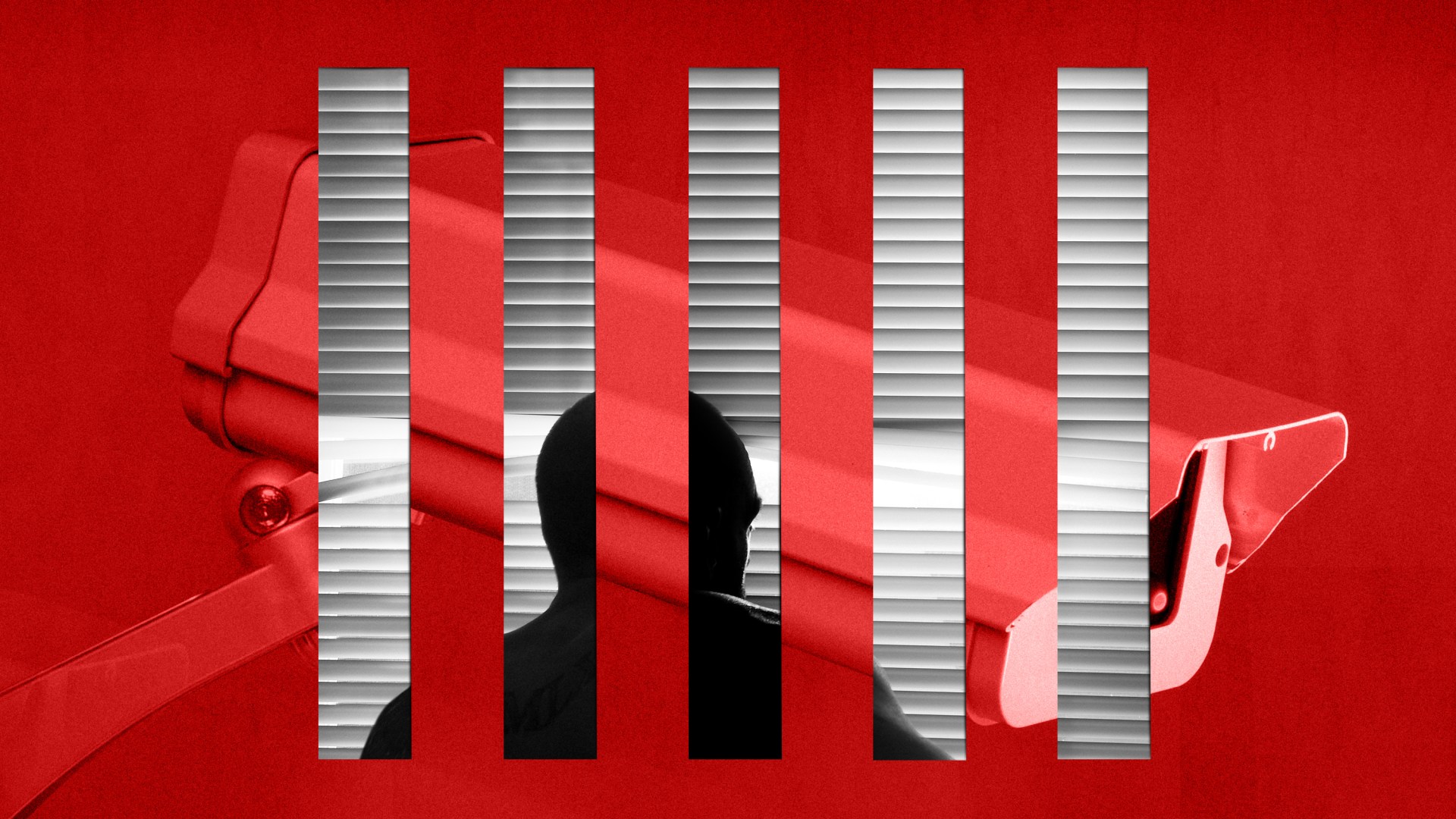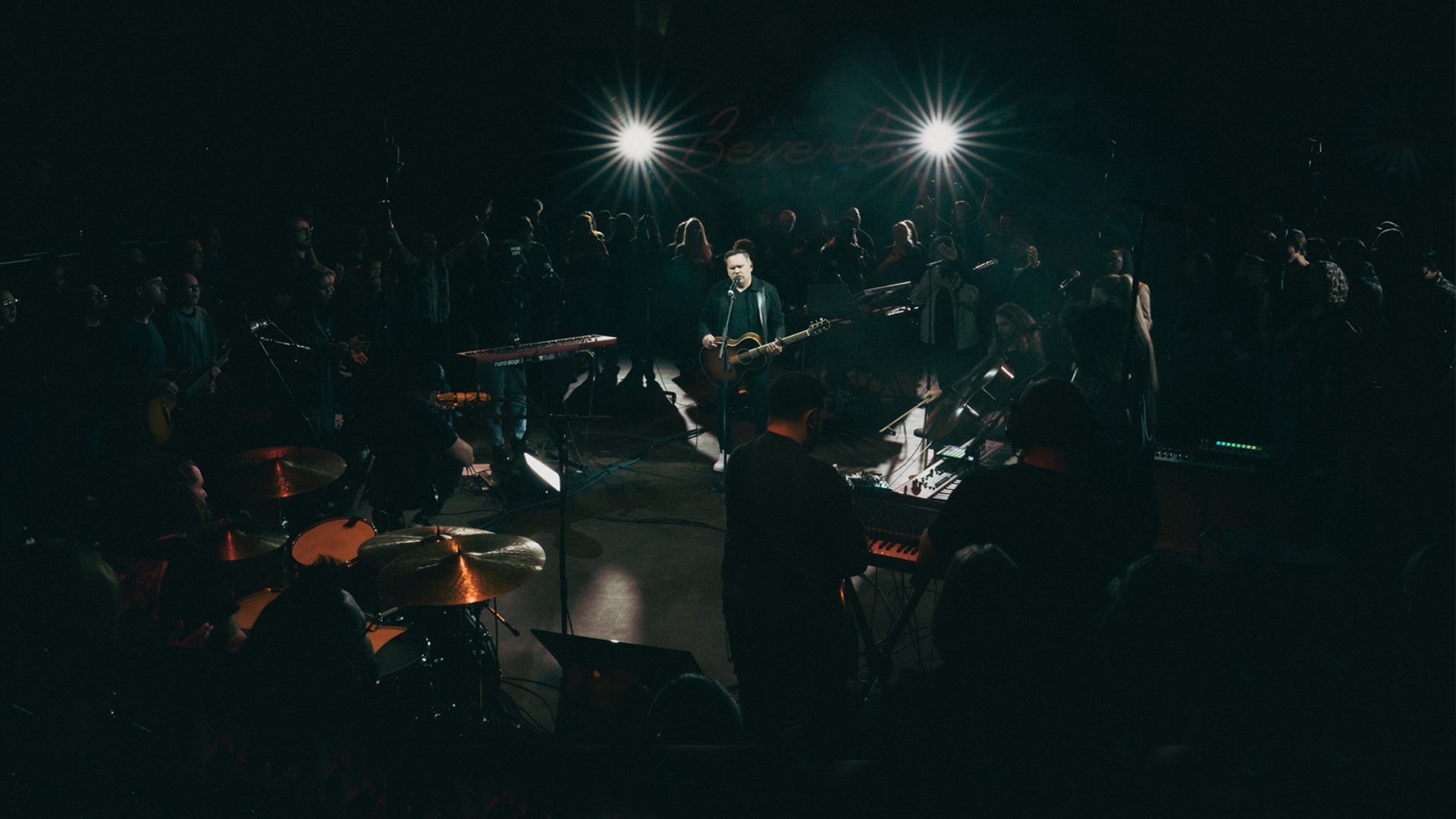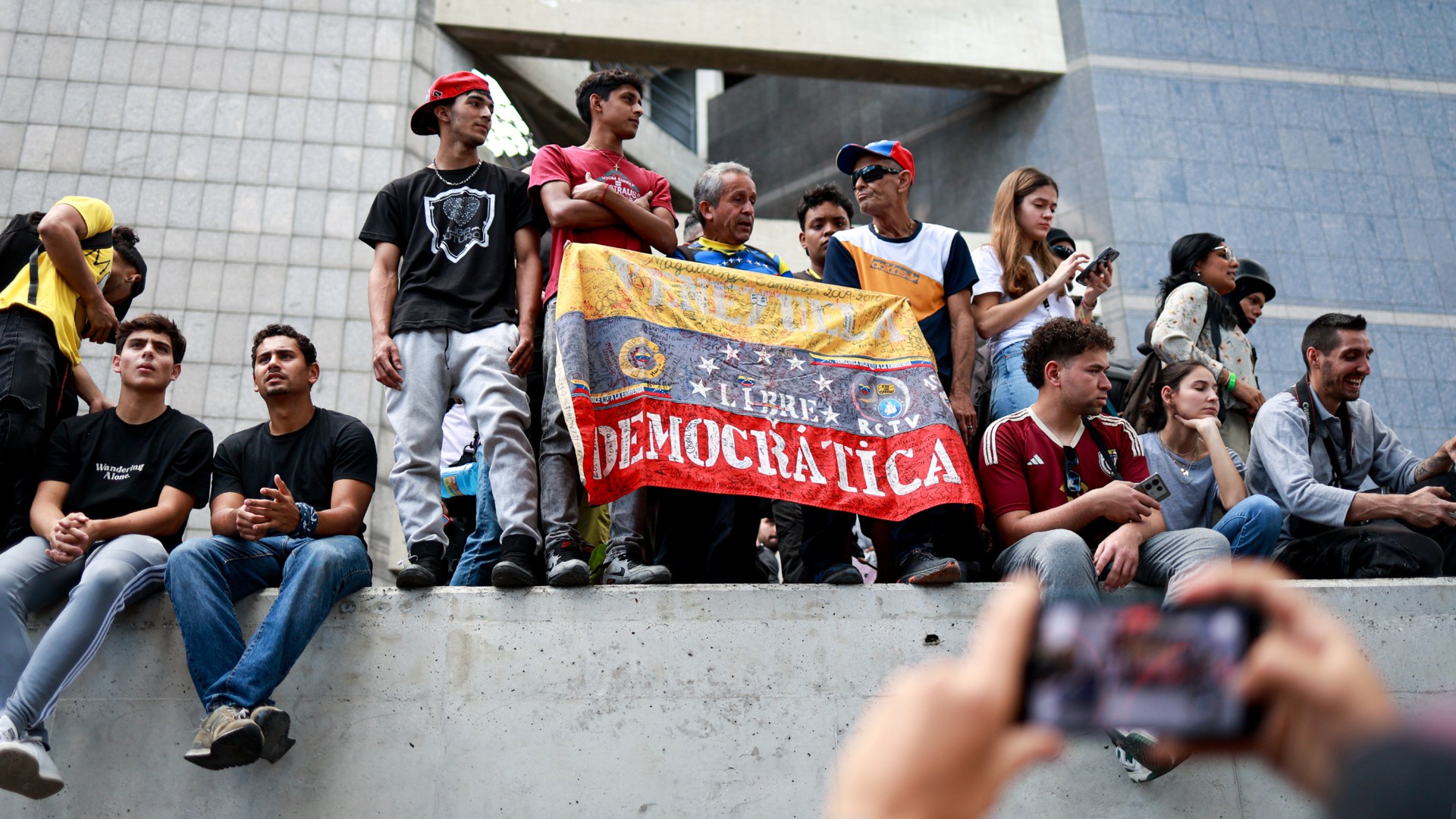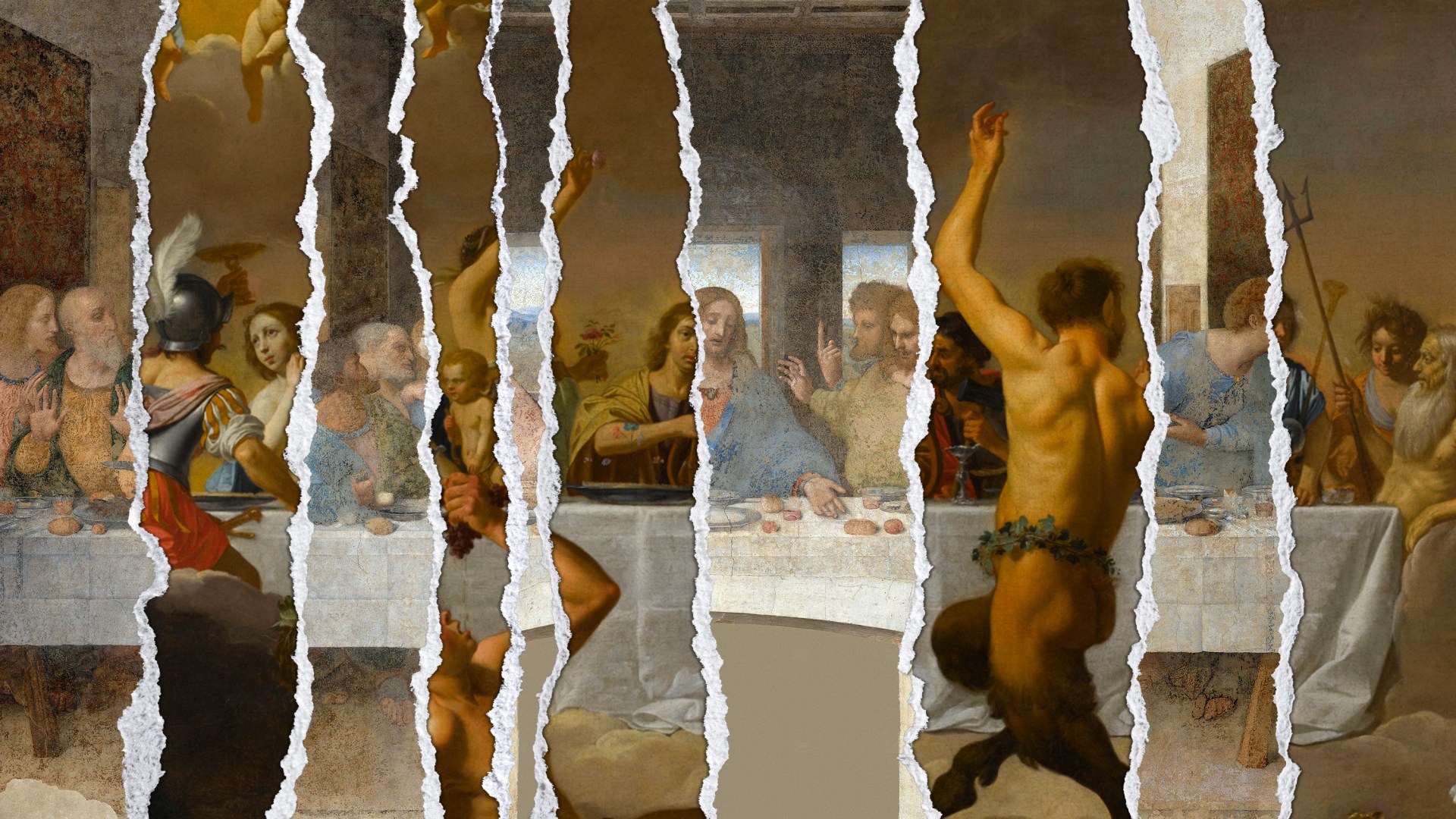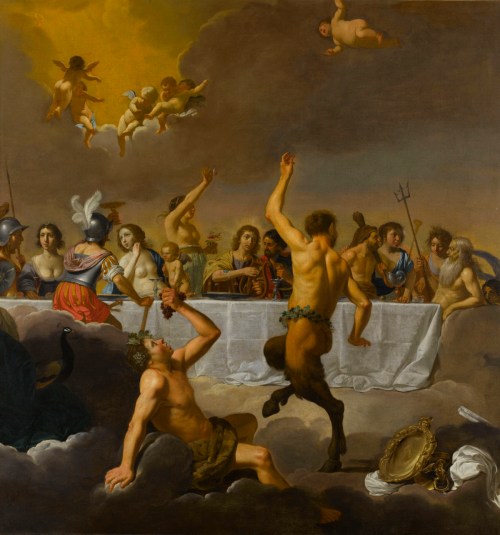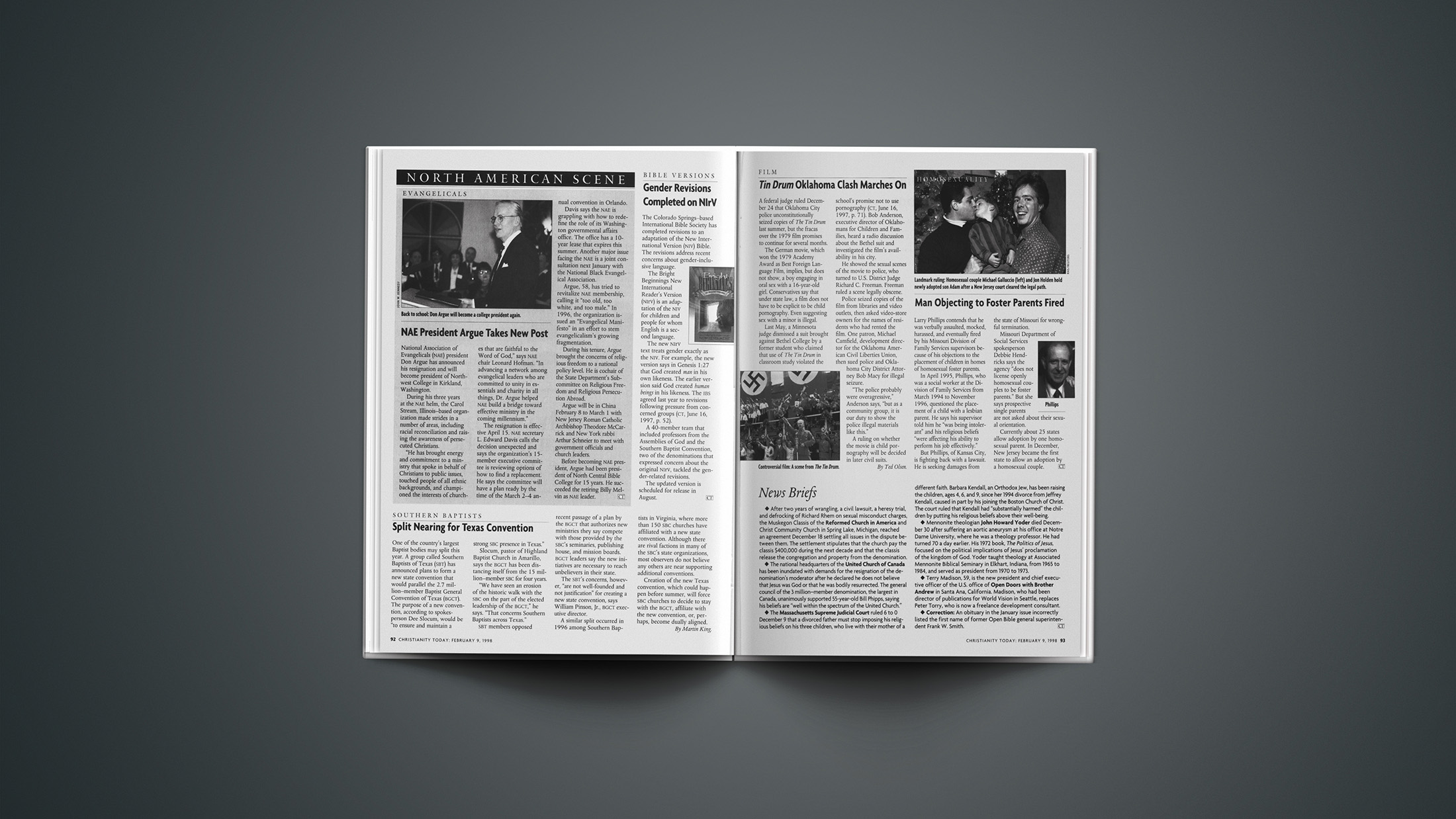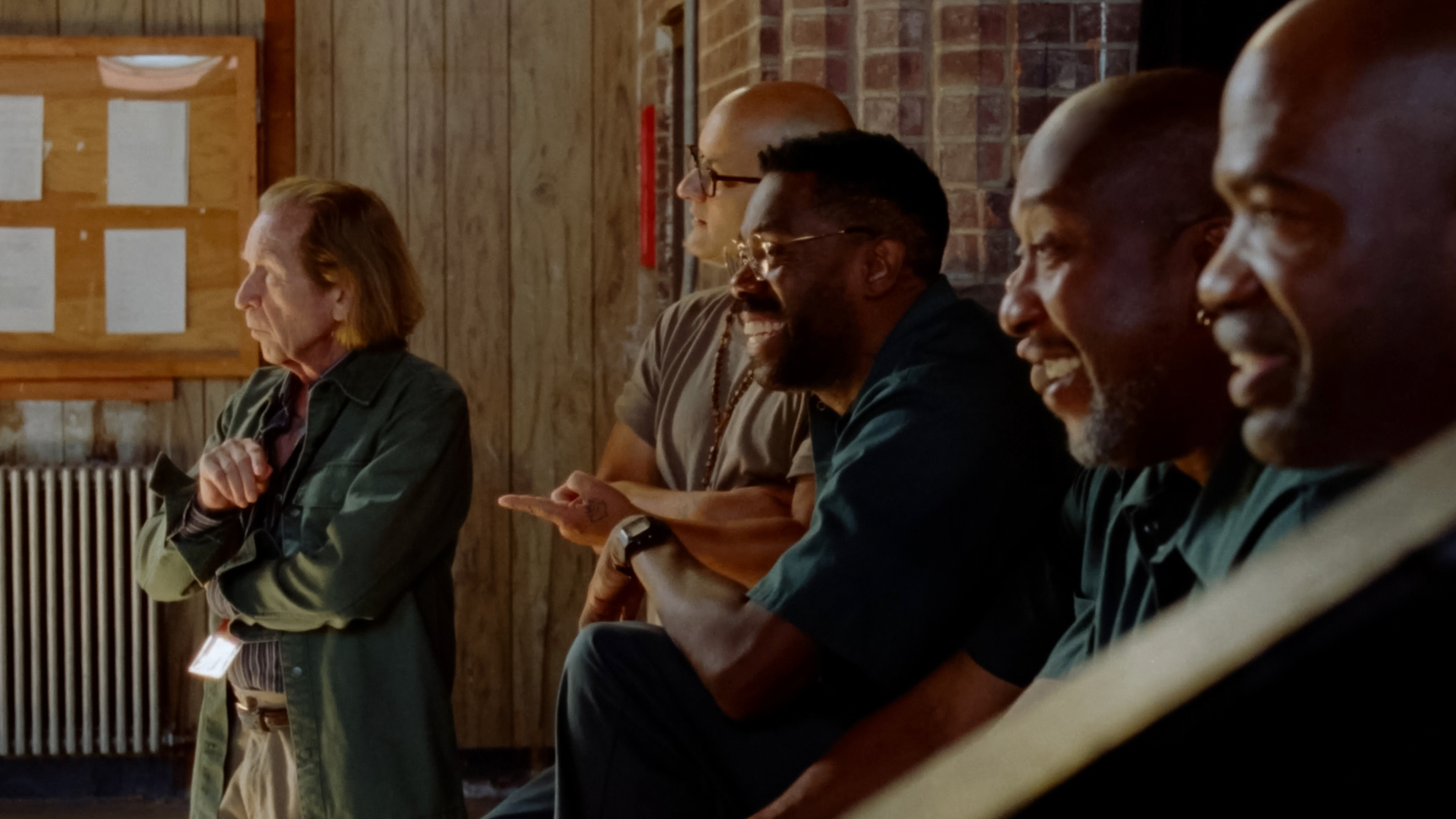Jamal Love was trying to fix his wife’s bike fender so she could keep riding it to work. For most of their marriage, he would have tried to figure it out on his own. But this time, he realized he could turn to a neighbor for help: a fellow tiny house resident on the property of a church in St. Paul, Minnesota.
Love, 50, and his wife had recently moved into the six-house settlement, alongside five people coming out of long-term homelessness. Unlike some such communities, theirs looks like a modern housing development—but with much smaller buildings. The couple initially saw themselves as coming in as “intentional neighbors,” there to give, serve, and be generous.
But their shared life in the church’s tiny houses soon began to change their perspective. “We were wrong about all those things. We received community, and we were the ones who needed it in the first place,” Love said. “We received something greater.”
A unique protection
Sacred Settlement Mosaic is one of a growing number of tiny house communities launched to help address homelessness. It’s a partnership between the church that owns the land—Mosaic Christian Community in St. Paul—and Settled, a nonprofit that works to develop “sacred settlements.”
Churches have a unique opportunity to help with both homelessness and housing, given their combination of frequent land wealth and strong legal protection.
“The number one reason more affordable housing doesn’t get built in our nation is because of ‘not in my backyard’ sentiment,” said Gabrielle Clowdus, the founder of Settled. “NIMBY opposition is very strong.”
But churches have something even stronger, though many don’t know it: the 2000 Religious Land Use and Institutionalized Persons Act. The federal law offers religious freedom protection by limiting regulations on how churches use their property.
“That is like a divine golden ticket from heaven saying, ‘Your land is set apart. It is holy and sacred, and it is intended to invite the poor in,’” Clowdus said.
Claiming those rights can still take a fight in some cases. The Rock church in Castle Rock, Colorado, has sued the city over its repeated interference with them letting people stay in two RVs parked on church property. On July 19, a federal judge ruled that the church can continue its housing until the lawsuit has concluded.
In Minnesota, Settled went through a three-year process to pass a state law that lays out terms for churches to build permanent affordable tiny homes on their land.
The recent Supreme Court ruling in City of Grants Pass v. Johnson, which allows cities to criminalize camping on public land, could increase the urgency of providing additional shelter for people without housing.
Margot Kushel, director of the Benioff Homelessness and Housing Initiative at the University of California San Francisco, thinks tiny homes work better for temporary shelter. Her concerns include the size, frequent lack of indoor plumbing, compliance with building codes, and ability to withstand natural disasters.
The Minnesota law that Settled helped pass requires many of the same building standards as a single-family home, but for structures less than 400 square feet. According to Clowdus, their tiny homes have dehydrating toilets and water tanks, but not indoor plumbing as such. Other tiny home communities involve more basic structures and much shorter stays.
Size and building standards aside, however, Kushel agrees that churches could help provide permanent housing and have a unique ability to intervene. “Churches can move faster,” she said. “They have this separate status, which allows them to get through some of these things that hold things up.”
Jim Dean, executive director of Interfaith Family Shelter in Washington State, saw this firsthand with their newest shelter, Faith Family Village.
Launching the eight-structure shelter on the grounds of Faith Lutheran Church greatly simplified the process. They worked with a hearing examiner on health and safety issues, he said, and operate under a conditional use permit. Almost anywhere else, the shelter would have required a zoning change.
Churches also tend to have different relationships with their neighbors, Dean said. Since they launched Faith Family Village in Everett, two other organizations have tried similar projects on city land. But those groups struggled, he said. “All it takes is one or two neighbors to push back.”
Different models, but emerging leaders
As more churches have opened their land to tiny homes, they’ve taken a range of approaches. Interfaith Family Shelter partners with a number of community and government entities and limits stays to 90 days, per requirements from its license and some grant funding. It also works only with families.
In most of the partnerships, churches provide the land, Dean’s team manages the shelters—including providing case management for all families—and other entities help with things like food or the structures themselves. (Not all of their shelters involve tiny homes. They’ve also turned a former convent into a shelter and have helped a church with a large unused parking lot provide a safe place for people to stay in their cars.)
Green Street Church in Nashville provides a longer timeframe. It has hosted a tiny home community for almost a decade, prior to which it hosted a camp. The Sanctuary is currently comprised of 15 tiny homes and a handful of tents. “Ours are pretty primitive,” pastor Caleb Pickering said, but “for the most part, them staying here is better than where they were.”
Most people stay close to a year. Homes have a locking door and solar panels for charging things like a phone but don’t include power. Residents use shared bathrooms and showers with church-issued key fobs that limit their access within the main church building.
“It’s not a comfortable situation,” Pickering said. “It’s just stable—more stable than trying to pitch a tent on public land.” The church does not have a property manager or provide case management, but they partner with other groups that offer this.
Though many in the community offer informal support for the Sanctuary—especially in the form of frequent food donations—Green Street has remained fairly small, Pickering said.
Several years ago, its organizers discussed a merger with another church, but it ultimately fell through. “There’s that weird little liability thing all the time,” Pickering said. The other church had several young families. The two congregations couldn’t figure out how to balance safety for the children with welcome for Sanctuary residents.
Green Street has few requirements for the Sanctuary: “No drinking, no drugs, no drama”—and an agreement to stay only temporarily. It doesn’t issue leases and has allowed people with prison records to move in, provided they’ll agree to those conditions.
“We do give up things in order to do this,” Pickering said, citing his own kids’ lack of a youth group experience at Green Street. “That’s just an agreement my wife and I made.”
For Love and his wife in St. Paul, their sacrifice involved moving out of the three-bedroom house where they’d raised their son. They still own it but let a family in need stay there.
Under the Settled model, tiny homes provide permanent homes for as long as people want to stay. Clowdus said that’s critical. The PhD work that led her to start Settled showed “a profound loss of family” as one of the root causes of chronic homelessness.

To restore a sense of family, Settled includes five elements in its communities: permanent homes; “intentional neighbors” like Love and his wife; church land, which fosters regular connection; work; and friendship.
“Part of a thriving ecosystem is stability and deep, strong roots,” Clowdus said. “We would never want to rip them out of that dense ecosystem.”
With Settled, residents sign leases and pay rent. Homes are built to withstand Minnesota’s cold winters but don’t have indoor plumbing. Residents share a communal kitchen, shower, and laundry within the main church building. (Building a new settlement requires upgrades to the church building that benefit both residents and the congregation.)
Valerie Roy has lived at a second Settled community in Roseville, Minnesota, since summer 2022.
“It’s really given me my quality of life back,” she said. After more than a decade in chronic homelessness after she lost her New Jersey housing to Hurricane Sandy, she’s started gardening again and applied to a master’s program.
Though not a Christian herself, she welcomes the connections she’s gained by living on church land. “I’m not isolated anymore. I have three different communities.”

Clowdus hopes Settled will provide a model for other churches. She said they have several other communities in various stages of consideration and discernment, plus one in the planning stage. “We believe that any church—regardless of denomination, political affiliation, racial makeup—regardless of any of that, any faith community that has a strong identity of who they are, and because of that strong identity have a radical invitation to hospitality, can have a sacred settlement on their land.”
As cities adjust to their new latitude to break up homeless camps under the latest Supreme Court ruling, churches may have more opportunity than ever.
Clowdus cites their first two host congregations as evidence that Settled’s model can work in many settings. A Nazarene church hosts one settlement, an Evangelical Lutheran church the other. The two congregations have different convictions on some matters, and different ethnic and economic demographics.
Leaders from both churches said they have seen growth in their congregations since they started hosting the settlement. Michael Stetzler was president of the congregation when Prince of Peace Lutheran Church decided to host a settlement. He said at least three new members have cited the settlement as a factor in their decision to join.
In St. Paul, Meredith Campbell, who co-leads Sacred Settlement Mosaic with her husband, has seen similar signs of life.
“We’ve also seen our neighbors on the east side of St. Paul become very interested in the work of Mosaic,” she said, citing both the settlement and an immigrant program that launched around the same time. “Our neighbors are really interested in seeing a church love its neighbors in a tangible way and that has attracted them to Mosaic and, I hope, to Jesus himself.”
Roy said moving into the settlement has started to change long-held negative views of Christians.
“Everybody’s been so kind, even though I’m not Christian and all of them are. It’s really redefined my definition of what Christianity means.”
For Love, an empty nester married for three decades, it’s been a means of refinement during a season when many people might start to coast a bit and focus more on enjoyment. “It’s caused me to put the things I believe into practice in ways I didn’t have to before,” he said.





